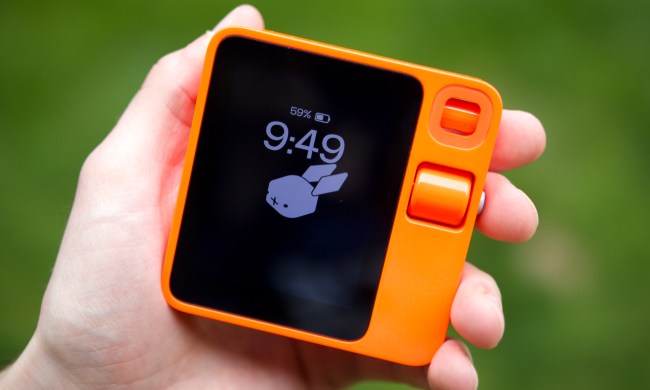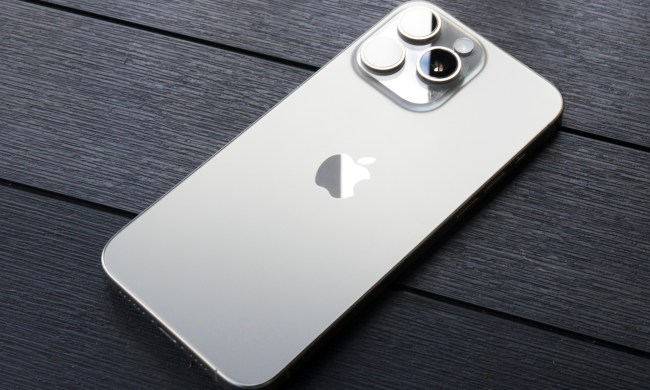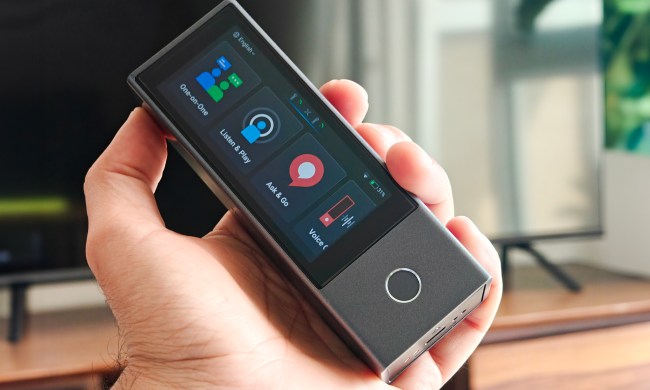There’s a new AI hardware gadget on the block. It doesn’t want to ambitiously replace your phone and fail miserably at it. It doesn’t want to put a dystopian AI companion around your neck. It also doesn’t want to complicate the concept of apps with useless AI inside an orange box.
It’s called the Plaud NotePin, and it is simply there to record stuff when you command it to with a button press. It’s a very simple pitch, and the product itself looks pretty straightforward and versatile.
The Plaud NotePin looks like a capsule, and thanks to the accessories Plaud offers, you can wear it as a humble pin with a clip on your shirt. There’s a neat little band that turns it into a stylish necklace, which actually doesn’t look half bad. Finally, you can also wear it on your wrist as a band without it looking too tacky.

All you need to do is press a button, and the NotePin will start recording the voices around it. Plaud is pitching it as a companion for recording interviews, meetings, classroom lectures, or any other conversation you deem worth saving as a digital file. Once the recording is done, AI comes into the picture.
Plaud has deployed OpenAI’s GPT-4o model for voice transcription and summarization. All the data can be accessed via the mobile app and a web dashboard.
Going a step further, Plaud has created a series of templates that convert voice transcriptions into different formats, just as you would use AI products like Apple’s Writing Tools or Paragraph AI to transform a wall of text into an email, a bullet list, a project slide, or other formats.

Other conveniences include speaker labels and Find My integration to locate the NotePin if it’s misplaced. Plaud offers 300 minutes of recording each month with the free plan, which also bundles perks like nine summarization templates, speaker labels, AI suggestions, integration with platforms such as Slack, and mind-map visualization.
The Pro plan, which costs $6.60 per month (billed annually at $79 per year), lets users create custom templates and access 20-plus professionally created summary layouts and — most importantly — 1,200 minutes worth of transcribed audio recordings each month.
The Plaud NotePin supports 59 languages and will be available for $169. Preorders kick off today, and the NotePin will be available via Amazon in the coming weeks.

If you are enticed by the idea of the Plaud NotePin, but can’t wait, you can also try the Pluad Note. This one costs $159, looks impossibly sleek, and is already one of my favorite hardware purchases this year. You can see what it looks like in the photo above, and I’ll have more to say about the Plaud NotePin very soon.




